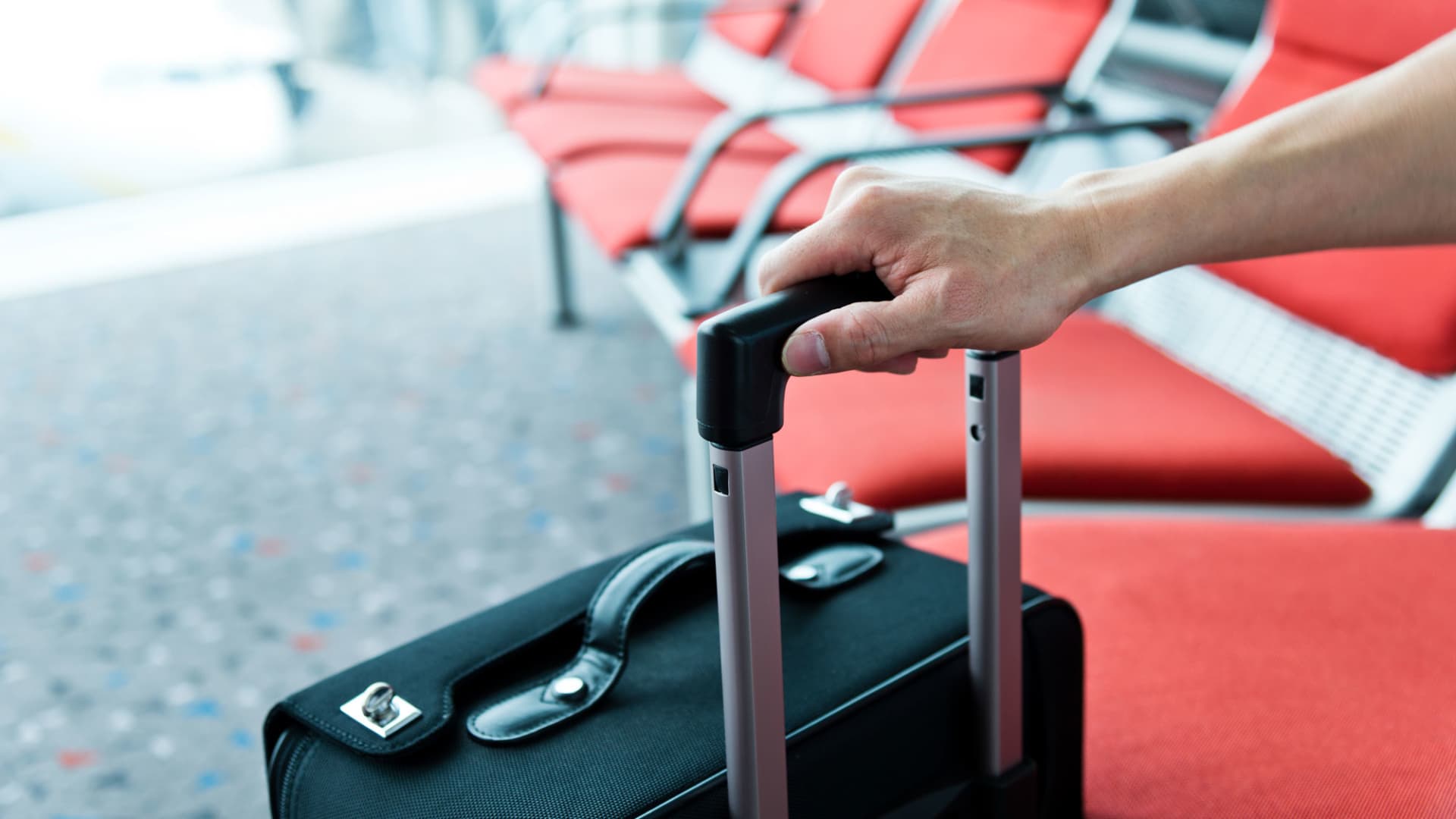
Traveling opens the door to a myriad of experiences, broadening horizons and enriching lives. However, amidst the excitement of exploring new destinations, safety should remain a paramount concern. To ensure a worry-free journey, it is crucial to be well-prepared and informed. Here’s an in-depth guide on how to stay safe while traveling, offering essential strategies and precautions to safeguard your well-being.
Understanding the Risks
Before embarking on any trip, it’s essential to acknowledge the various risks associated with travel. These can range from health concerns and theft to political instability and natural disasters. Understanding these risks allows travelers to take proactive measures, thereby minimizing potential dangers.
Health Precautions
Traveling often exposes individuals to unfamiliar environments and potential health hazards. It’s imperative to take the following steps:
- Vaccinations and Health Checkups: Prior to departure, consult a healthcare provider to ensure you are up-to-date on necessary vaccinations and receive any additional recommended shots. This can help prevent diseases prevalent in your destination.
- Travel Insurance: Obtain comprehensive travel insurance that covers medical emergencies, trip cancellations, and lost baggage. This provides a safety net in case of unforeseen events.
- Medication and First Aid: Carry essential medications, including any prescriptions, and a basic first aid kit. This ensures that you are prepared for minor injuries or ailments.
Personal Safety Measures
Personal safety is another crucial aspect of travel security. Adhering to these tips can help protect you from theft and other threats:
- Secure Your Belongings: Use anti-theft bags and keep valuables like passports, money, and electronics secure. Always be aware of your surroundings, especially in crowded places.
- Emergency Contacts: Keep a list of local emergency contacts, including the nearest embassy or consulate, local police, and healthcare facilities. This information can be crucial in case of emergencies.
- Safe Accommodation: Choose reputable accommodation and check reviews on platforms like cireview.com. Ensure that the lodging has adequate security measures, such as secure locks and safes.
Navigating Different Environments
Every destination has its own set of risks and safety concerns. Tailoring your precautions to the specific environment you are visiting can enhance your safety.
Urban Areas
In bustling cities, common risks include petty theft and scams. To mitigate these risks:
- Stay Vigilant: Avoid distractions like excessive phone use in public spaces. Be cautious of pickpockets and always keep an eye on your belongings.
- Local Customs and Laws: Familiarize yourself with local laws and customs to avoid inadvertently offending or breaking the law. This knowledge also helps in navigating the social dynamics of the area.
Rural and Remote Areas
Traveling to rural or remote areas poses different challenges:
- Health and Safety Infrastructure: Ensure that the area has adequate medical facilities. In remote locations, access to healthcare might be limited, so carry extra supplies and know the nearest medical centers.
- Navigation and Communication: In areas with poor connectivity, carry physical maps and a GPS device. Inform someone of your travel plans and expected return.
Emergency Preparedness
Preparation for emergencies is critical in ensuring safety during travel:
- Emergency Plan: Develop a clear plan for various emergencies, including natural disasters and political unrest. Knowing the emergency exits and evacuation routes of your accommodation is also crucial.
- Local Alerts: Stay informed about local news and updates related to safety. This can help you avoid areas with reported incidents or adverse conditions.
- Document Copies: Keep digital and physical copies of important documents, including your passport, visa, and travel insurance policy. Store these copies separately from the originals.
Travel Safety Technology
Modern technology offers numerous tools to enhance travel safety:
- Safety Apps: Utilize safety apps that provide real-time updates on local hazards, offer emergency assistance, and enable easy communication with emergency contacts.
- Travel Tracking: Share your travel itinerary with trusted friends or family. This allows them to monitor your whereabouts and ensure your safety.
- Secure Communication: Use encrypted messaging apps and avoid accessing sensitive information on public Wi-Fi networks to protect your personal data.
Cultural Sensitivity
Respecting local cultures and traditions not only enhances your travel experience but also ensures safety:
- Cultural Awareness: Learn about local customs, dress codes, and etiquette. This shows respect and reduces the likelihood of misunderstandings or conflicts.
- Language Skills: Learning basic phrases in the local language can be beneficial. It helps in communicating effectively and can endear you to locals.
Conclusion
Traveling should be an enriching and enjoyable experience. By following these comprehensive tips on how to stay safe while traveling, you can significantly reduce risks and ensure a smooth journey. Prior preparation, awareness of your surroundings, and respect for local customs are key components of a successful and secure travel experience. Stay informed, stay vigilant, and most importantly, enjoy your travels with confidence.
By integrating these practices into your travel routine, you can embrace new experiences while maintaining a strong focus on safety. Your well-being is the cornerstone of any successful journey, and these guidelines serve as essential tools for protecting it.




